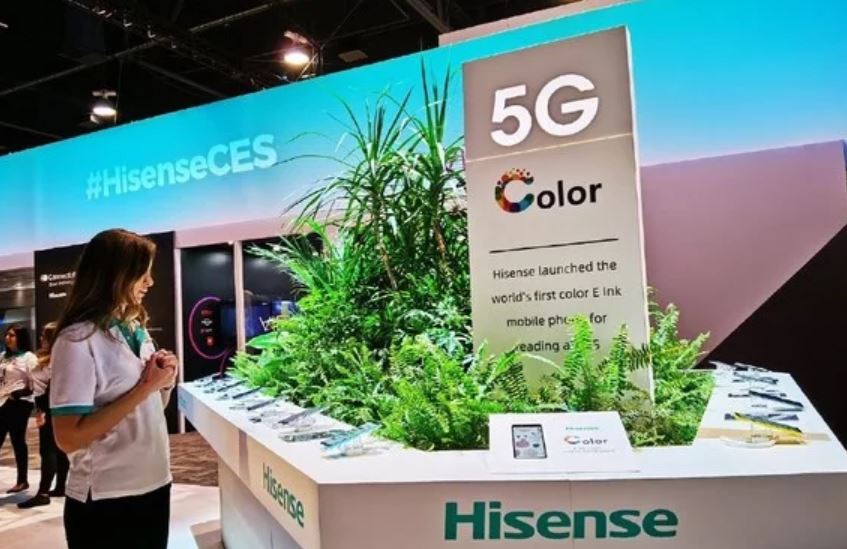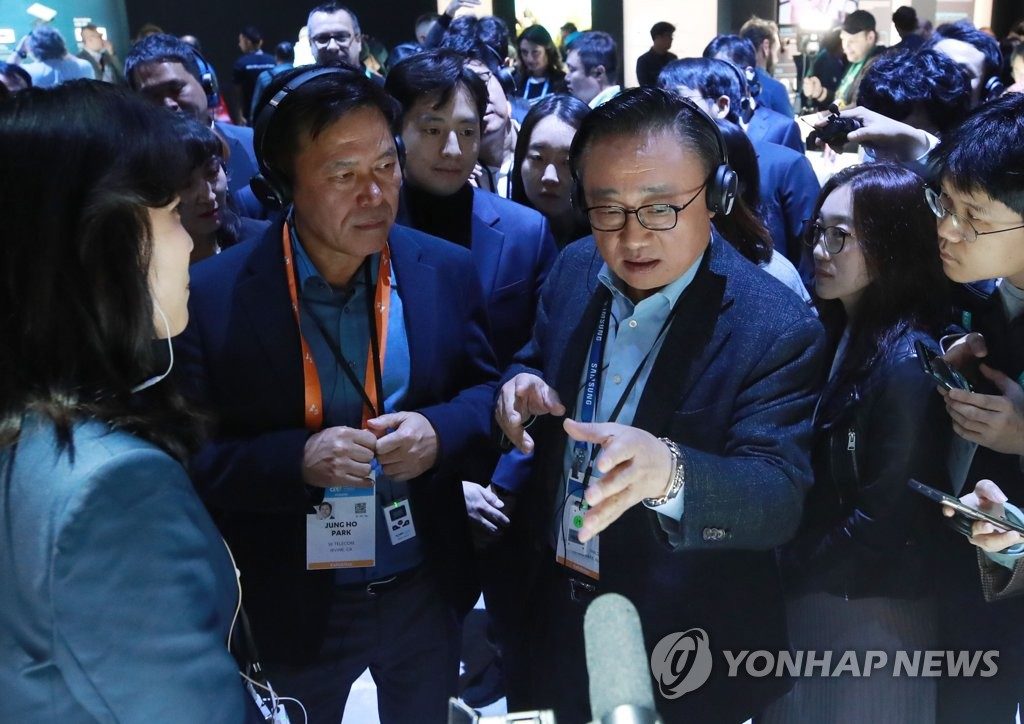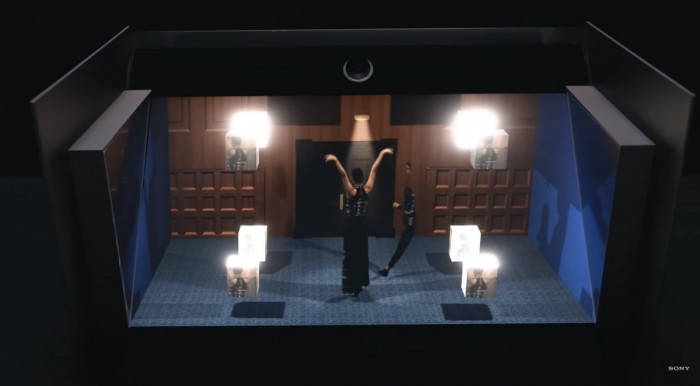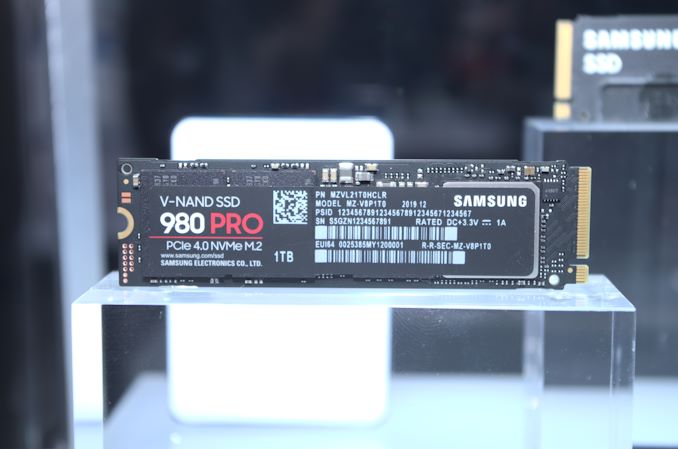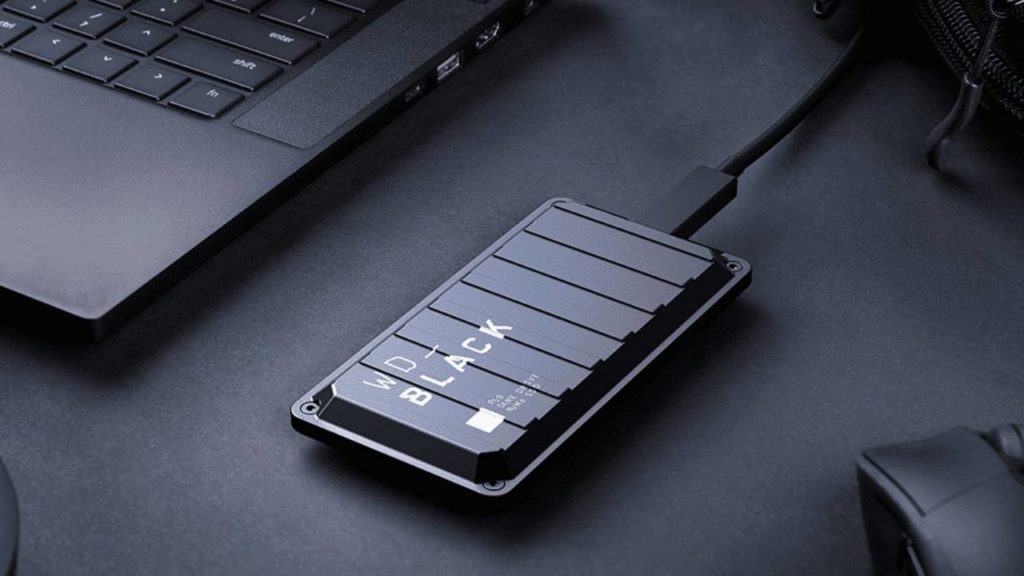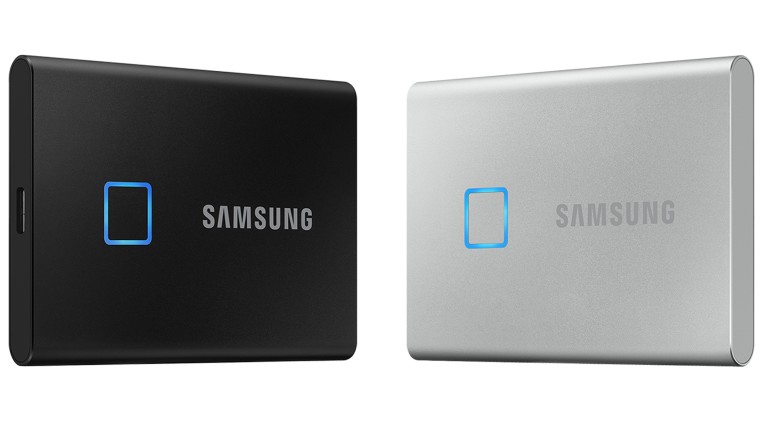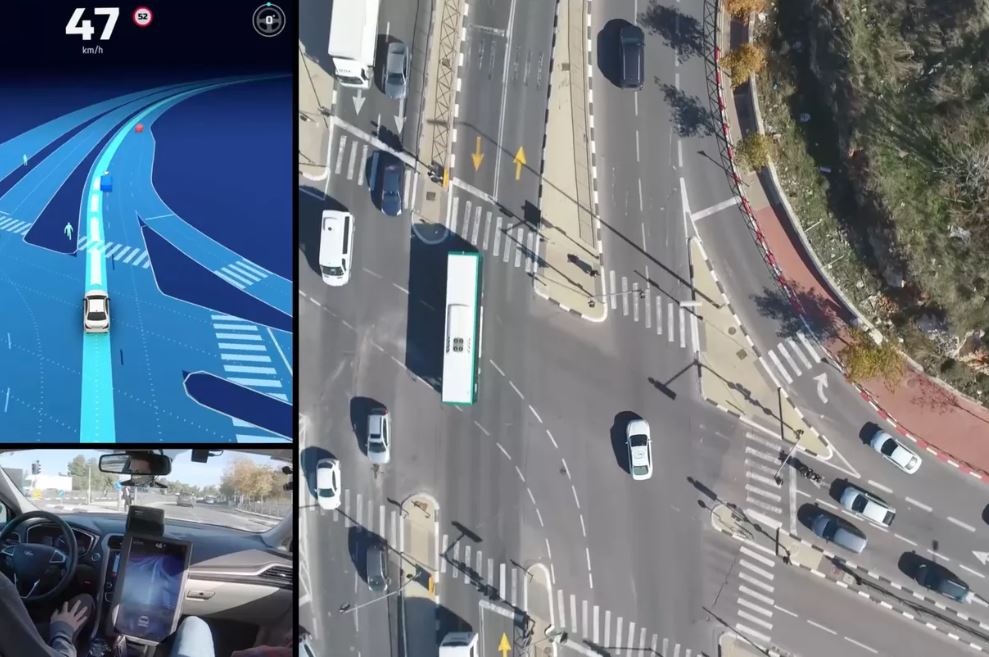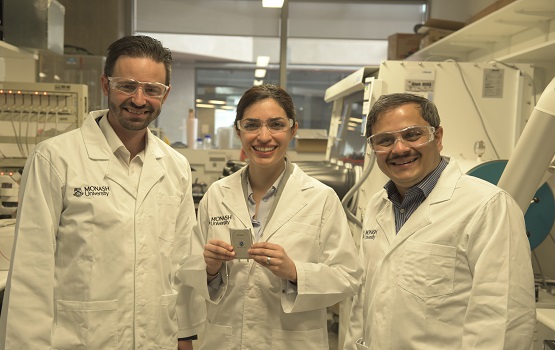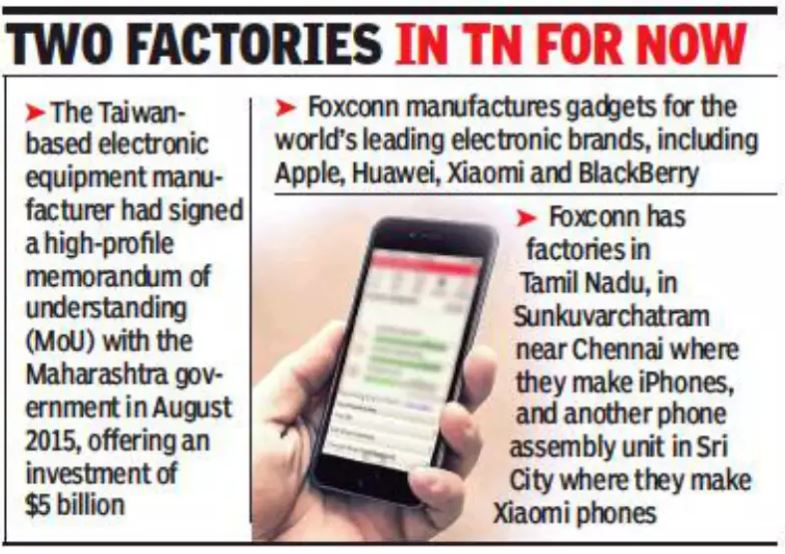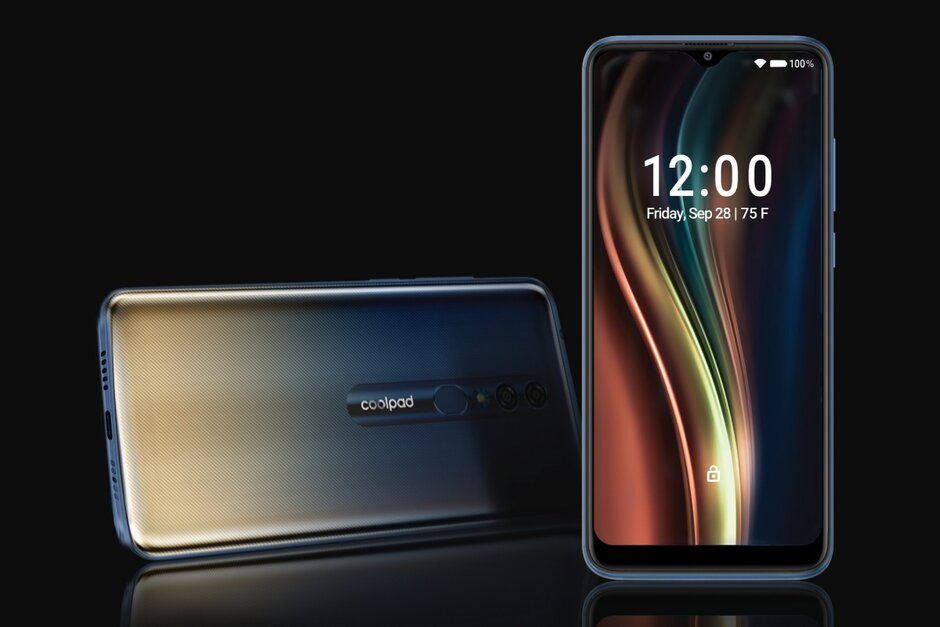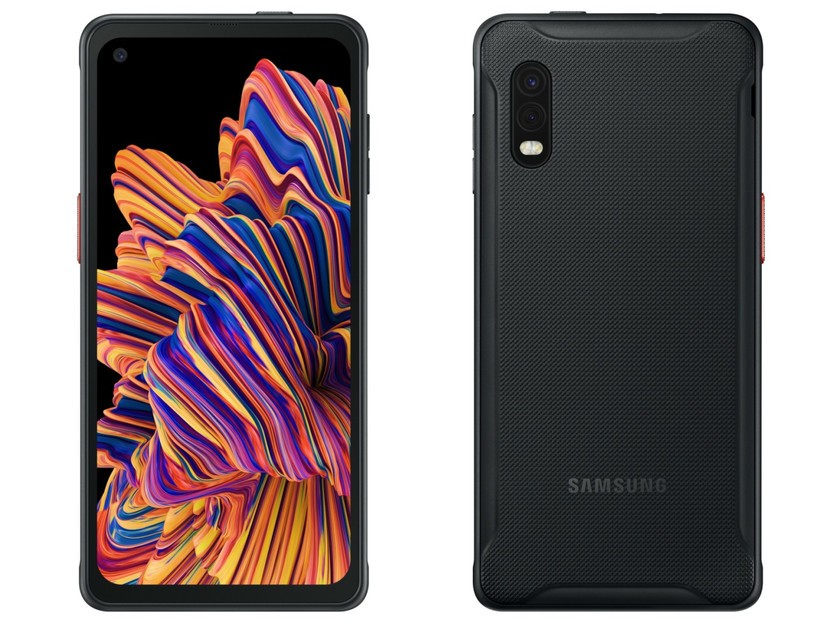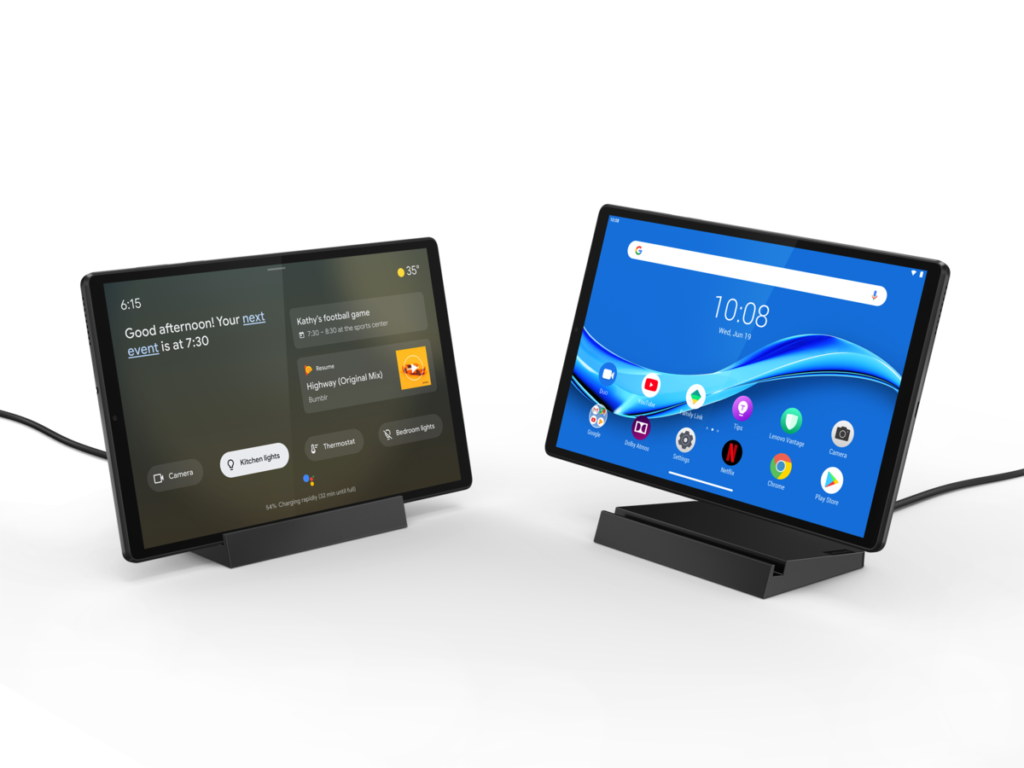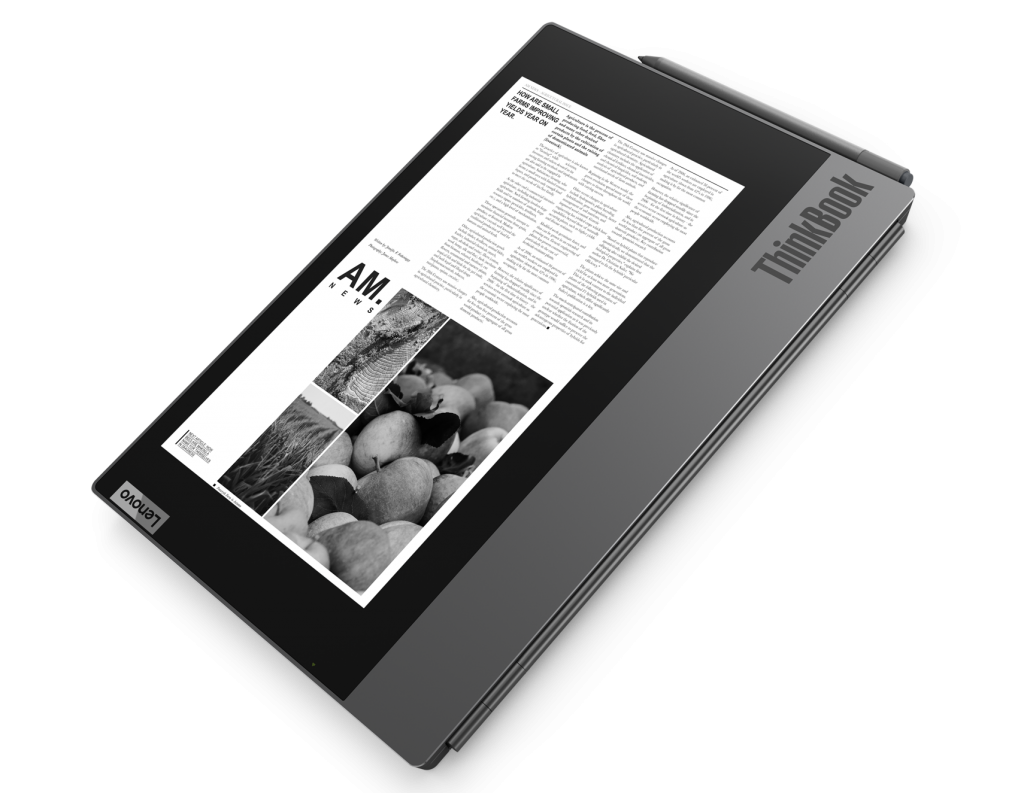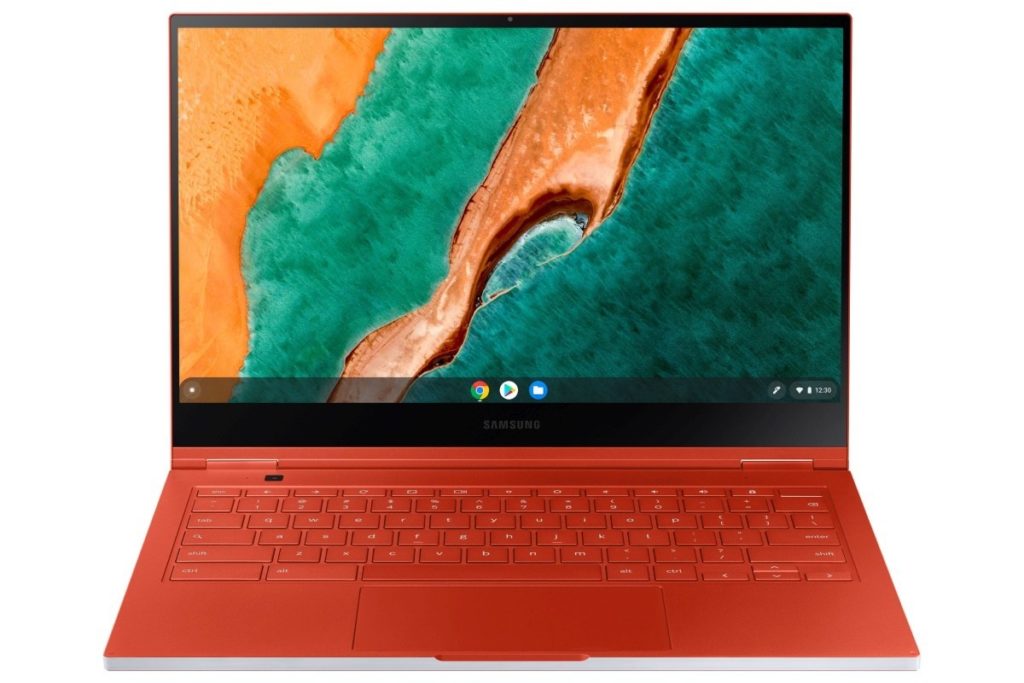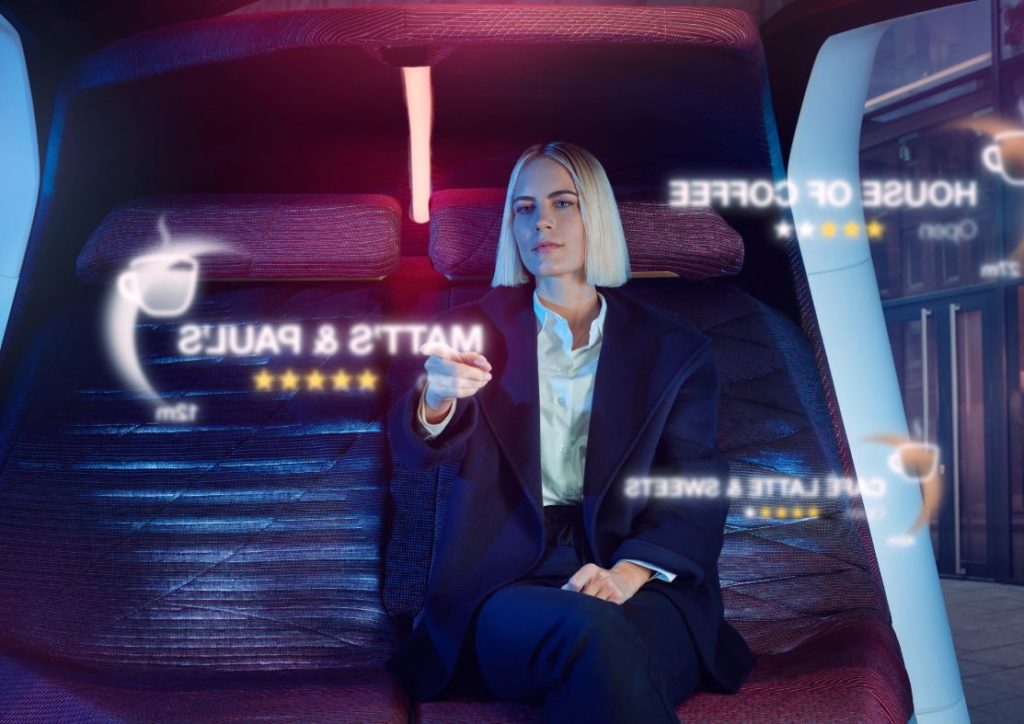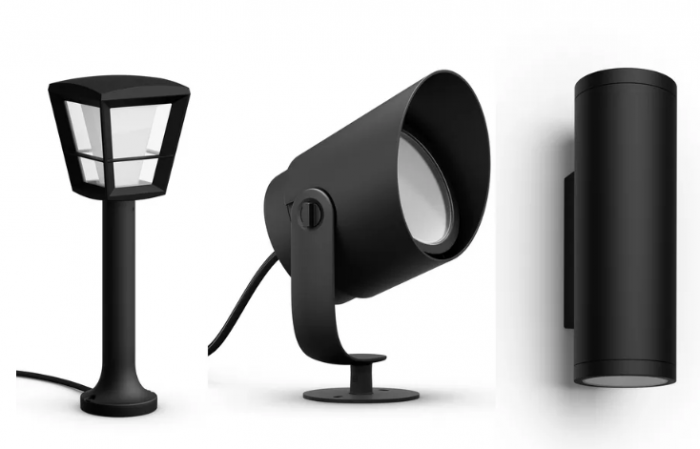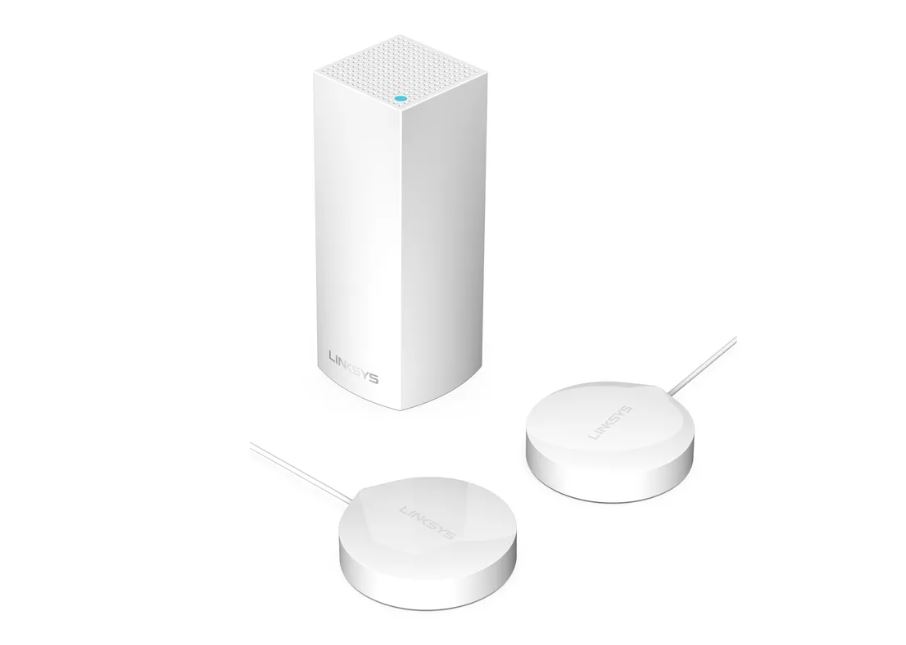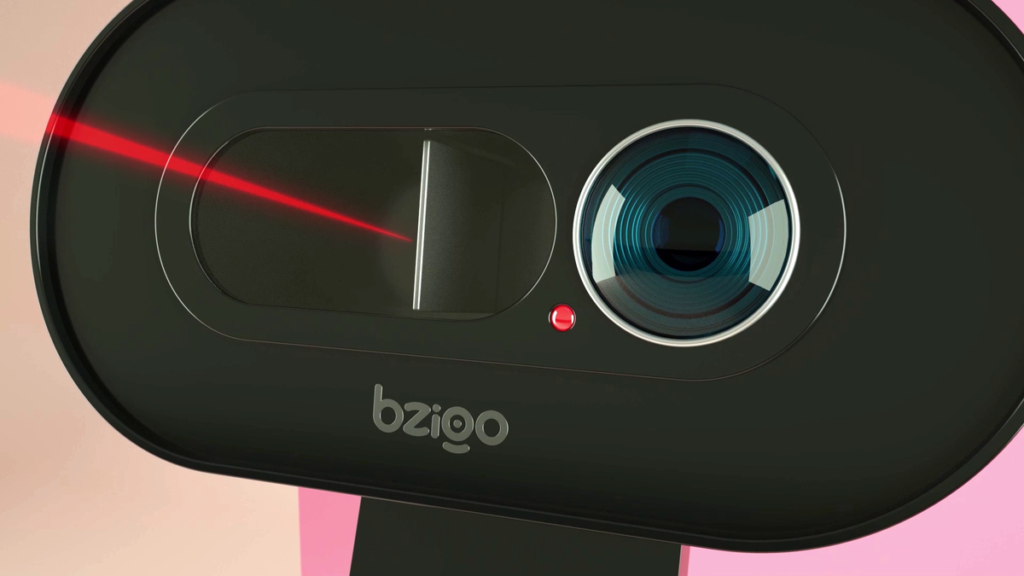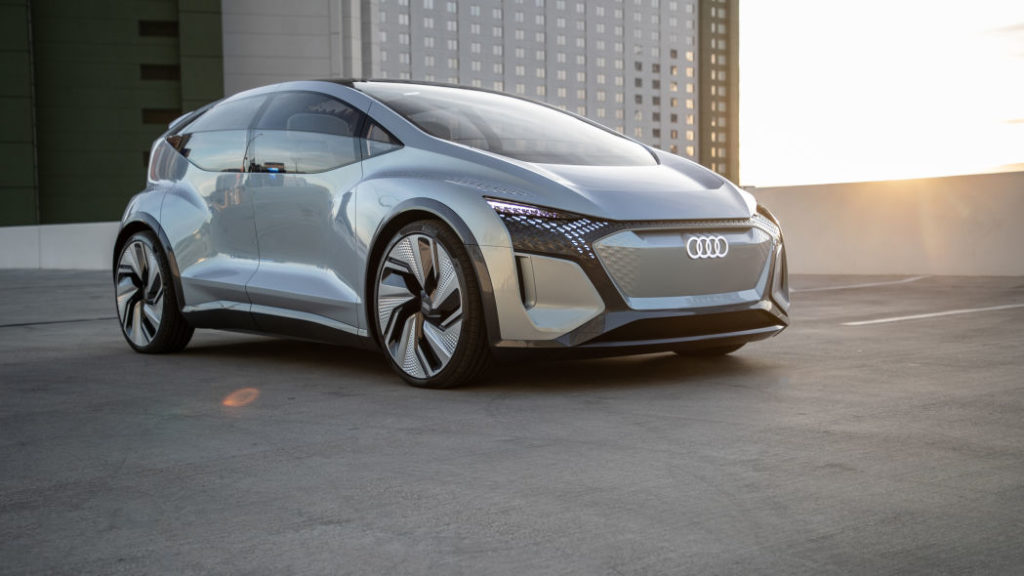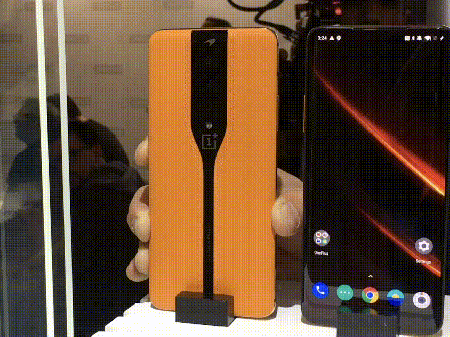
1-9 CES2020: OnePlus has officially unveiled Concept One smartphone; Toyota has unveiled plans to build a sustainable “city of the future” called Woven City; etc.
Chipsets
[CES2020] Qualcomm has revealed several major vehicular initiatives: the new Snapdragon Ride autonomous driving platform, a Car-to-Cloud services platform, and a cellular vehicle to everything (C-V2X) global readiness and RSU reference platform, all designed to kick connected, self-piloting car development into high gear. (VentureBeat)
Touch Display
[CES2020] Samsung has revealed that the company is ready to mass produce smart TVs with MicroLED panels, and will make 2020 the year of MicroLED. MicroLED uses millions of tiny LEDs to improve on the advantages of OLED (blacker blacks, higher contrast levels) without OLED’s limitations (specifically, OLED’s tendency for burn-in). (CN Beta, CNET)
[CES2020] Hisense has launched a smartphone with a color e-ink display. Hisense claims that the production process of e-ink displays for smartphones has matured to the point that even these coloured e-ink displays can be mass produced. (Gizmo China, CNMO)
[CES2020] Koh Dong-jin, President and CEO of Samsung’s IT & Mobile Communication division has revealed that the company has sold 400K-500K units of Galaxy Fold. (GSM Arena, YNA, Sina, IT Home)
[CES2020] Sony has announced new 3D Volumetric Visual Technology. Their new unique Eye-sensing Light Field Display uses high-speed vision sensors and face recognition algorithms to enable super high precision spatial reality experience not found in conventional naked-eye 3D displays. (CN Beta, MS Poweruser)
Camera
[CES2020] OnePlus has officially unveiled Concept One smartphone, which uses electrochromic glass to “hide” the rear-facing camera setup. The glass uses organic particles to create changes in transparency so that the glass covering the camera lenses can shift in an instant from opaque black to entirely clear. (Phone Arena, TNW, 9to5Google, Ping West)
Memory
[CES2020] Micron has announced that it has started sampling of its DDR5 Registered DIMMs with select partners. The very fact that Micron started sampling of DDR5 modules indicates that its partners already have server CPUs/platforms that support DDR5 memory. Micron expects its first-generation DDR5 products to offer ‘more than’ 1.85-times performance increase when compared to JEDEC-standard DDR4 memory. (CN Beta, AnandTech)
[CES2020] Samsung has showcased their next flagship consumer SSD, the 980 PRO M.2 NVMe SSD. This would appear to be Samsung’s first client/consumer SSD to support PCIe 4.0, which has until now only been rolled out to their high-end enterprise drives. (AnandTech, Samsung, Overclock3D)
[CES2020] Western Digital has showcased a portable SSD with an 8TB capacity, 20Gbps SuperSpeed and with USB 3.2 Gen 2×2 interface. SanDisk’s Ultra Dual Drive Luxe USB Type-C is a 1TB thumb drive that comes with a Type-C male port and a Type-A female port is also announced. (SlashGear, AnandTech)
[CES2020] Samsung has announced the new T7 lineup of portable SSDs, which can offer read speeds up to 1,050MB/s and write speeds up to 1,000MB/s. The T7 lineup will be available in two models, the T7 and the T7 Touch, with the latter features a fingerprint sensor that helps secure data stored in the drive. (Neowin, Samsung)
Sensory
[CES2020] Intel has demoed how its Mobileye autonomous car navigating the streets of Jerusalem for about 20 minutes with the help of 12 on-board cameras and no other sensors. It is notable as self-driving car technology companies generally pair cameras with other sensors like radar or lidar to help the vehicle “see” its surroundings. (The Verge, VentureBeat, Reuters, Jpost)
Battery
Monash University has have developed the world’s most efficient lithium-sulphur battery, capable of powering a smartphone for 5 continuous days. Prototype cells have been developed in Germany. Further testing in cars and solar grids to take place in Australia in 2020. (Engadget, Android Authority, Monash University, Engadget, CN Beta)
Connectivity
[CES2020] Intel continues to develop and promote Thunderbolt technology. The Executive Vice President Gregory Bryant has indicated that the Tiger Lake will be natively compatible with many technologies, including Thunderbolt 4. He has mentioned that Thunderbolt 4 would be 4 times faster than USB 3, which would mean that it could go up to 80Gps. (GizChina, Apple Insider, Phonandroid, Intel)
Phone
Foxconn Technology Group will not set up its manufacturing units in Maharashtra, India, as the firm is facing some issues, indicated by the state industries minister Subhash Desai, while clearing the air over the proposed investments worth INR30,000 crore (USD5B). Foxconn has refuted the claims made by Desai and further said that the reports of an “internal dispute” with Apple are untrue, and that production plans in India are moving forward. (GSM Arena, Hindustan Times, CN Beta, 9to5Mac, Times of India, Focus Taiwan)
[CES2020] Coolpad Legacy 5G is announced – 6.53” FHD+ u-notch IPS HDR 10, Qualcomm Snapdragon 765, rear dual 48MP-8MP ultrawide + front 16MP, 4+64GB, Android 10.0, rear fingerprint scanner, 4000mAh 18W, USD359. (Android Headlines, XDA-Developers, BGR, NDTV, Gizmo China)
[CES2020] Samsung Galaxy XCover Pro is announced in Finland – 6.3” 1440×2560 FHD+ IPS hole in display, Samsung Exynos 9611, rear dual 25MP-8MP ultrawide + front 13MP, 4+64GB, Android 10.0, side fingerprint scanner, IP69 rating, removable 4020mAh 15W, EUR499. (Android Central, Phone Arena, GSM Arena)
PC Tablets
[CES2020] Lenovo has announced the Smart Tab M10 FHD Plus 2nd Gen with Google Assistant. It features 10.3” 1920×1200 FHD+ display, MediaTek Helio P22T, 2/4GB RAM, 32/64/128GB storage, 5000mAh. It is priced at USD190. (Android Police, Android Central, Android Authority)
[CES2020] Lenovo ThinkBook Plus with external e-Ink display is announced – 13.3” 1920×1080 FHD+ IPS + 10.8” e-Ink external display, Intel Core i7 Processor, up to 32GB DDR4 RAM, up to 512GB M.2 PCIe SSD, fingerprint sensor integrated in the power button, 4Wh battery, starting from USD1,199. (GizChina, Lenovo, TNW, AnandTech, CN Beta)
[CES2020] Samsung Galaxy Chromebook is announced – 13.3” 3840×2160 4K AMOLED, 10th-gen Intel Core i5-10210U Comet Lake processor, 1MP webcam + 8MP camera, 8/16GB RAM + 256GB / 1TB SSD, Chrome OS, 49Wh battery, dockable Samsung S-Pen, fingerprint scanner, from USD999. (Liliputing, Samsung, The Register)
Wearables
[CES2020] Mobvoi has announced 2 new true wireless earbuds, TicPods 2 (USD99) and TicPods 2 Pro (USD139). Both use Qualcomm aptX audio for an enhanced, “high-definition” listening experience. The TicPods 2 Pro also has what Mobvoi is calling a set of “AI-Powered features”. (Pocket-Lint, Droid Life, Android Central)
Augmented / Virtual Reality
[CES2020] BMW has unveiled a concept augmented reality (AR) windshield works with gaze tracking and BMW’s Intelligent Personal Assistant for a decidedly decadent passenger experience. The gaze detection tracks what driver sees outside of the vehicle as well as focuses on certain information on the windshield. (TechCrunch, TechRadar, Input Mag, BMW, Xueqiu)
Home
[CES2020] Philips has unveiled 3 new Hue for outdoor: Econic pedestal light, a small path light, for USD130; Lily XL spotlight for USD140; and Appear wall fixture for USD140. (CN Beta, Gizmodo, The Verge)
[CES2020] Linksys Velop mesh routers can sense movement inside homes, now with the new Wellness Pods, it is able to monitor the health of human inhabitants. Created in collaboration with AI company Origin Wireless, Wellness Pods work together with Linksys Velop Tri-Band nodes and Linksys Aware software to track breathing patterns and sleep quality. (The Verge, SlashGear, Gizmodo)
[CES2020] Bzigo is developing a device that accurately detects and locates mosquitoes. Once a mosquito is detected, the device sends a smartphone notification while the mosquito is marked by a laser pointer. It is priced at USD169. (VentureBeat, Sina)
Automotive
[CES2020] Audi has showcased their self-driving concept car AI:ME, which is the automaker’s “empathetic mobility partner”. With level-4 abilities, the self-driving vehicle is built for dense urban environments. Its small footprint makes nimble enough to cruise down small roads and park in tiny spaces. (CN Beta, TechCrunch, Engadget, Auto Blog)
[CES2020] Toyota has unveiled plans to build a sustainable “city of the future” called Woven City near Mount Fuji, working with Danish architecture studio BIG, that will run on hydrogen fuel cells and become a living laboratory for self-driving vehicles, robotics and artificial intelligence (AI). (TechCrunch, Dezeen, The Guardian, Forbes China)
[CES2020] Uber and Hyundai Motor Company have announced a new partnership to develop Uber Air Taxis for a future aerial ride share network and unveiled a new full-scale aircraft concept. Hyundai is the first automotive company to join the Uber Elevate initiative, bringing automotive-scale manufacturing capability and a track record of mass-producing electric vehicles. (Pocket-Lint, PR Newswire, FT Chinese)


